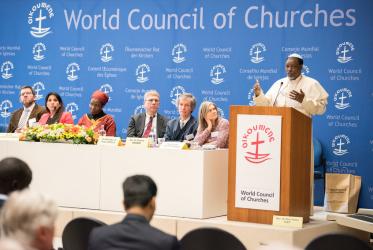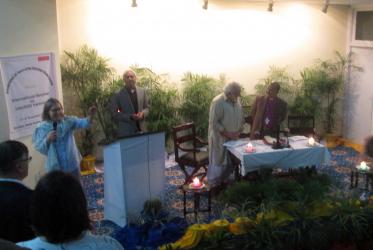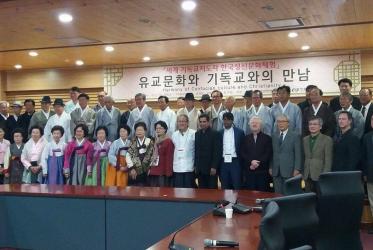The prophet Micah asks a crucial question in the midst of injustice and violence in 8th-century B.C.E. Judean society: “What does God expect of you?” This is also a question that we must ask ourselves today as we are invited to join in the Pilgrimage of Justice and Peace. The answer is clear: do justice, love kindness, and walk humbly with your God (Micah 6:8). The first two commands stand at the centre of Israel’s faith-talk, concerning the love of neighbour (Lev. 19:18) and the love of God (Deut. 6:5). The third command is to walk humbly, which could be misleading. To walk humbly is the opposite of walking proudly or self-righteously, and actually invites us to the faith journey of self-giving, self-sacrifice, and self-emptying. So the question, “What does God expect of you?” leads us to the restoration of God’s image in us and is an invitation to become agents of transformation in the world.
20 January 2018
WCC Programmes










